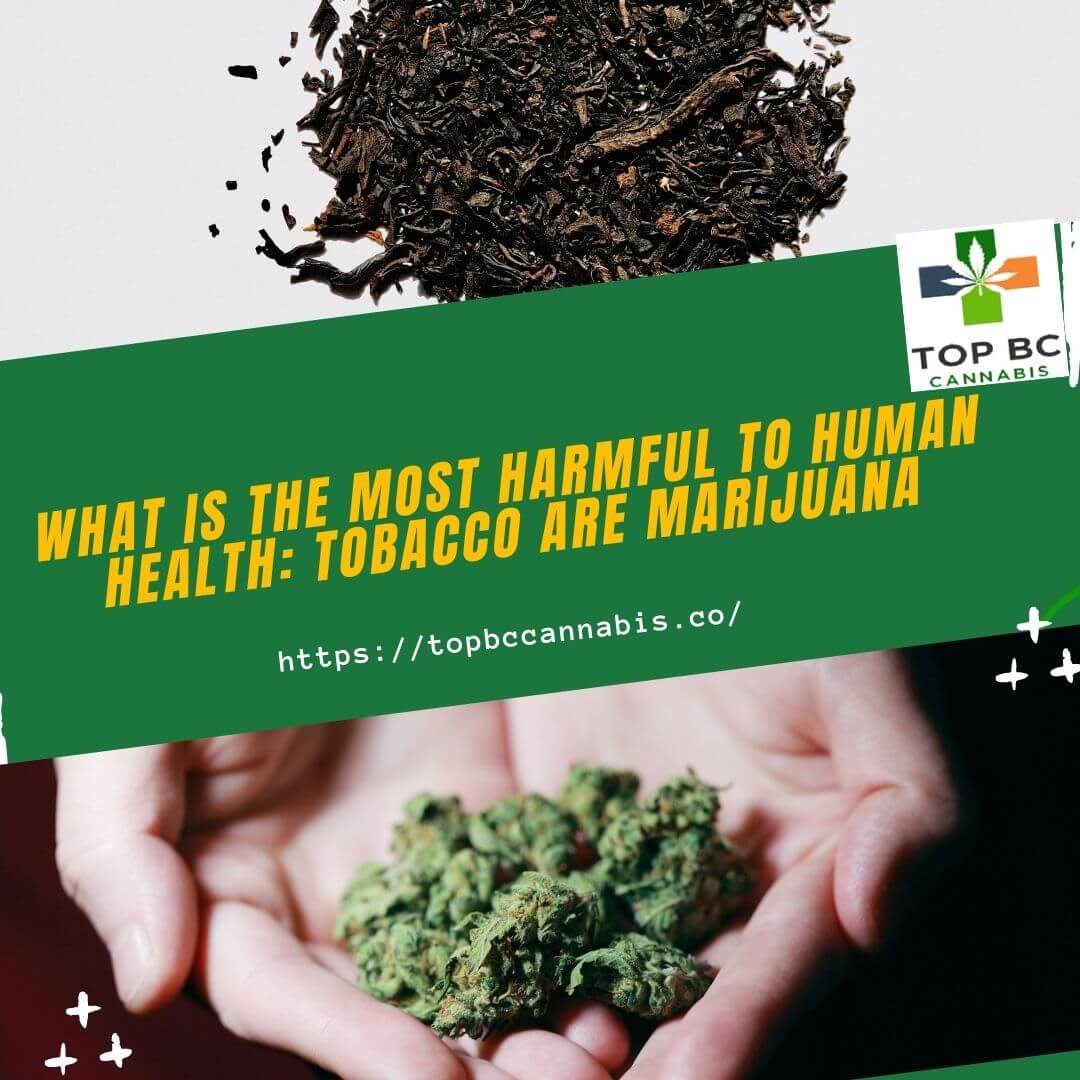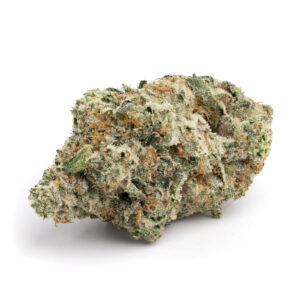According to Health Canada, 15.8% of Canadians smoke tobacco daily or occasionally. Meanwhile, 16.7% of Canadians used cannabis at least once in the last three months of 2019. That’s around 5 million people across the country using each of these substances at least sometimes. And with weed dispensaries in British Columbia now legal, more people are starting to explore using cannabis every month.
Of course, any substance we use has impacts on our bodies. And many users want to know exactly what risks they’re taking for their health when they start using. So let’s take a look at the biggest health impacts of tobacco and marijuana, so you can understand how each one affects your body, and which one is doing more damage.
Lungs and Respiratory System
Both tobacco and cannabis users are often concerned about their lung health. Smoking both substances releases a range of chemicals into your lungs, and many of those can damage the health of your lungs and respiratory system.
Tobacco
Smoking tobacco has been conclusively linked to increased risk of lung cancer. In fact, lung cancer is the biggest cause of death from smoking. This discovery is one of the main reasons that people have turned away from smoking cigarettes over the last few decades. As well as lung cancer, smoking tobacco is linked to other lung diseases such as emphysema, chronic bronchitis, and COPD. In short, tobacco is bad news for your lungs.
Cannabis
The link between cannabis and lung disease is less clear. Smoking cannabis does release some of the same dangerous chemicals as smoking tobacco (but not all). But the biggest every study on lung cancer and cannabis use found no clear link between the two. Of course, that doesn’t mean there isn’t a connection, but that more research is needed.
If you’re worried about the risk of lung cancer from using cannabis, you can always opt for edibles, tinctures, or other methods of consumption that don’t involve smoking.
Heart and Cardiovascular System
Tobacco
Smoking tobacco is also bad news for your heart. The nicotine found in cigarettes constricts your blood vessels, restricting your blood flow and eventually causing peripheral artery disease. It can also raise your blood pressure and increase the risk of blood clots – which also increases your risk of stroke. So it’s no surprise that smokers are at greater risk of heart attacks and heart disease than non-smokers.
Cannabis
When you consume cannabis, you’ll probably notice your heart race increases for a few hours. Because of this, your risk of heart attack will increase for a short time after you consume.
However, in the long-term, there aren’t any known serious consequences of using cannabis for your heart. In fact, there’s some evidence that weed could be good for your cardiovascular health, because it may reduce blood vessel growth in cancerous cells. It also reduces pressure on the eyes, which can improve symptoms of glaucoma.
Brain and Nervous System
Cannabis
We all know that cannabis affects our brain and nervous system. For many users, that’s exactly the effect they’re looking for. Cannabis is a psychoactive substance, so it alters how we feel (that is, as long as it still contains THC). In the short-term, cannabis can make you feel elated and relaxed. It can also help reduce pain throughout the body – the main reason it’s become such a popular medical treatment for so many conditions.
There can be some negative side effects of cannabis use too. Some people find it makes them feel anxious or paranoid, and it can affect your memory, coordination, and balance in the short-term. There’s also some evidence that using cannabis from a young age can affect the brain’s development. And if women use it while pregnant, it can affect the brain of their unborn child.
Tobacco
Tobacco also affects your brain and nervous system. Nicotine will give you a hit that briefly lifts your mood. But in the long-term, nicotine is highly addictive, and many smokers struggle with anxiety and irritability when they don’t get a regular nicotine fix. Withdrawal symptoms can be very difficult to move past, and impair your cognition too.
Cancer
Tobacco
We already know that tobacco use is linked to higher rates of lung cancer. But smoking cigarettes is also linked to a huge range of other cancers, including mouth, throat, skin, bladder, and kidney cancer and leukemia. In fact, at least 69 of the chemicals in tobacco smoke are known to be carcinogenic (cancer-causing).
Cannabis
Unlike tobacco, cannabis isn’t known to cause any cancers – especially if you steer clear of smoking. On the contrary, there is some evidence that cannabis use could reduce cancer rates because THC interferes with tumour growth (though we should say, this research is still in early stages).
Cancer patients going through chemotherapy in British Columbia use weed dispensaries to access cannabis. It’s used to help treat the nausea and loss of appetite that are side-effects of brutal chemotherapy.
How Addictive Are Cannabis and Tobacco?
Finally, many tobacco and cannabis users are concerned about becoming dependent on the substances they use. So just how addictive are cannabis and tobacco?
Tobacco
Nicotine is a highly addictive substance. It doesn’t take long for dependence to form, and the withdrawal symptoms can be challenging to deal with. They include increased irritability, anxiety, cravings, disrupted sleep, and depression. Withdrawal from nicotine can set in within a few hours, which is why most smokers use several times per day. In fact, it’s estimated that only 6% of smokers manage to quit every year.
Cannabis
Unlike tobacco, true addiction to cannabis is not very common. However, it is still possible to develop a cannabis-use disorder, and to experience withdrawal when you stop using. The symptoms of withdrawal are similar to tobacco withdrawal, but typically only last a week or two. Dependence on cannabis is more likely among those who start using young, and use very regularly. Occasional users are less likely to develop dependence.
Marijuana vs. Tobacco: Which Is More Damaging To Your Health?
Despite marijuana’s history as an illegal substance (which luckily is no longer the case for us in Canada!), it’s clear that tobacco is far more damaging to human health.
While there are some risks and negative side-effects related to cannabis use, it also has many positive health benefits. Which is why in British Columbia, weed dispensaries are popping up everywhere and more users are experimenting with cannabis use.
Tobacco, on the other hand, is linked to a huge range of negative health impacts (we haven’t even covered them all here). And unlike cannabis, there are no real positives associated with tobacco use – except the initial buzz from smoking a cigarette. Thankfully, rates of smoking tobacco are falling as more people understand just how bad it is for their health.






